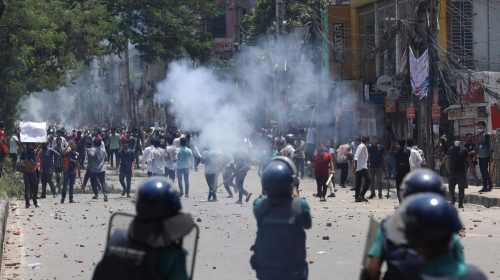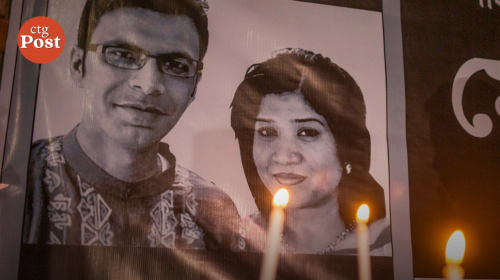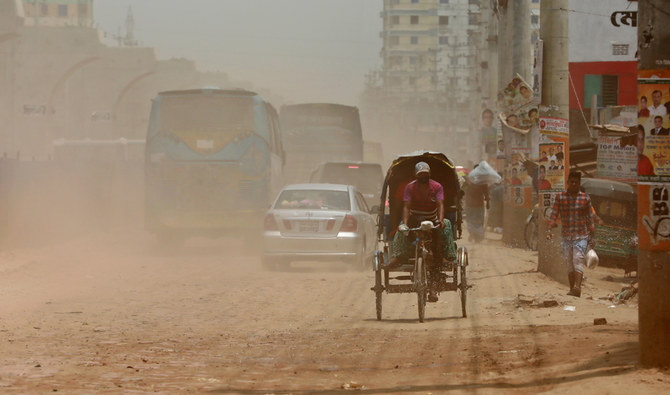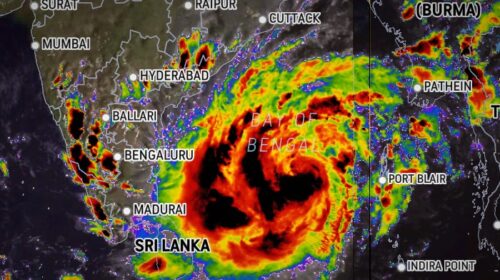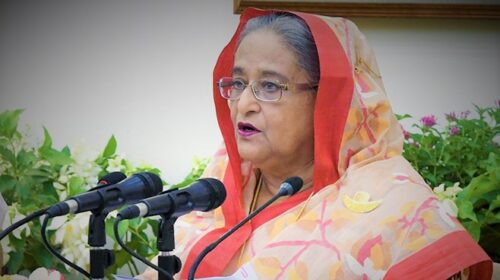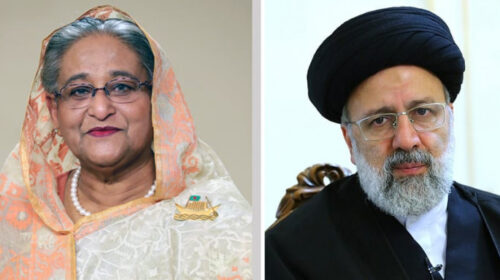The capital of Bangladesh ranked first among the world’s cities with the worst air pollution on Monday morning. Dhaka’s air quality index (AQI) was 272 (very unhealthy) at 9am.
On the second spot, India’s Delhi had the AQI of 254, followed by Pakistan’s Lahore, with the AQI of 217.
‘Good’ AQI is between 0 and 50, where air quality is considered satisfactory, and air pollution poses little or no risk.
The AQI between 51 and 100 is termed ‘moderate.’ Pollution in this range may pose a moderate health concern for a very small number of individuals. People who are unusually sensitive to ozone or particle pollution may experience respiratory symptoms.
An AQI between 101 and 200 is considered unhealthy for sensitive groups. Meanwhile, an AQI between 151 and 200 is said to be ‘unhealthy’ while a range between 201 and 300 is considered ‘very unhealthy.’
The range between 301 to 400 is ranked ‘hazardous’, posing serious health risks to residents.
In Bangladesh, the AQI is based on five criteria pollutants – Particulate Matter (PM10 and PM2.5), NO2, CO, SO2 and Ozone.
Air pollution has always been a problem in Dhaka. Winter is often when the air quality deteriorates, and monsoon season is when it gets better.
According to the World Health Organization (WHO), air pollution kills an estimated seven million people per year throughout the world, primarily due to an increase in fatalities from heart disease, stroke, lung cancer, chronic obstructive pulmonary disease, and acute respiratory infections.









